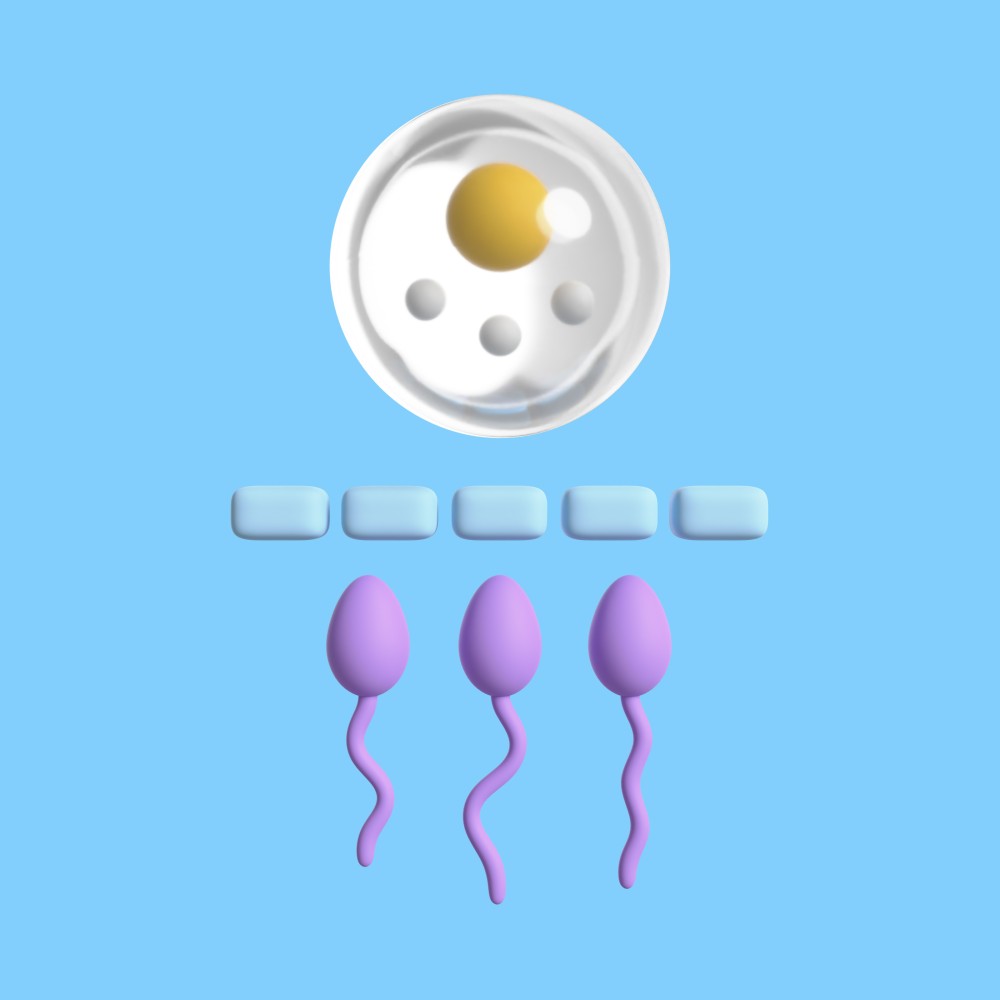Egg Freezing

Egg freezing, also known as oocyte cryopreservation, is a fertility preservation technique that allows individuals to preserve their eggs for future use. This procedure involves retrieving a woman’s eggs, freezing them, and storing them for later use when the individual is ready to conceive.
Process of Egg Freezing:
Ovarian Stimulation: The woman undergoes ovarian stimulation with fertility medications to produce multiple eggs, similar to the first step of in vitro fertilization (IVF).
Egg Retrieval: Once the eggs have matured, they are retrieved from the woman’s ovaries through a minor surgical procedure called transvaginal ultrasound-guided follicle aspiration.
Cryopreservation: The retrieved eggs are then rapidly cooled and frozen using a process called vitrification, which prevents ice crystal formation and preserves the structural integrity of the eggs.
Storage: The frozen eggs are stored in liquid nitrogen at very low temperatures (typically around -196°C) in specialized facilities known as cryobanks or fertility clinics.
Reasons for Egg Freezing:
Fertility Preservation: Egg freezing allows women to preserve their fertility for medical reasons, such as undergoing cancer treatment that may affect fertility, or for personal reasons, such as delaying childbearing for career or lifestyle considerations.
Age-related Fertility Decline: As women age, the quality and quantity of their eggs decline, making it more difficult to conceive. Egg freezing offers a way for women to preserve their younger, healthier eggs for future use when they are ready to start a family.
Family Planning: Egg freezing provides individuals with more control over their reproductive choices, allowing them to delay childbearing until they are in a stable relationship or better financial situation.
Considerations:
- Success Rates: The success of egg freezing depends on various factors, including the woman’s age at the time of egg retrieval and the number and quality of eggs frozen.
- Cost: Egg freezing can be expensive, including the initial ovarian stimulation, egg retrieval procedure, and ongoing storage fees.
- Ethical and Legal Considerations: There may be ethical and legal implications associated with the storage and use of frozen eggs, including consent for future use and disposal policies.
Egg freezing offers a valuable option for individuals who wish to preserve their fertility for future family building, providing flexibility and peace of mind in their reproductive journey.
